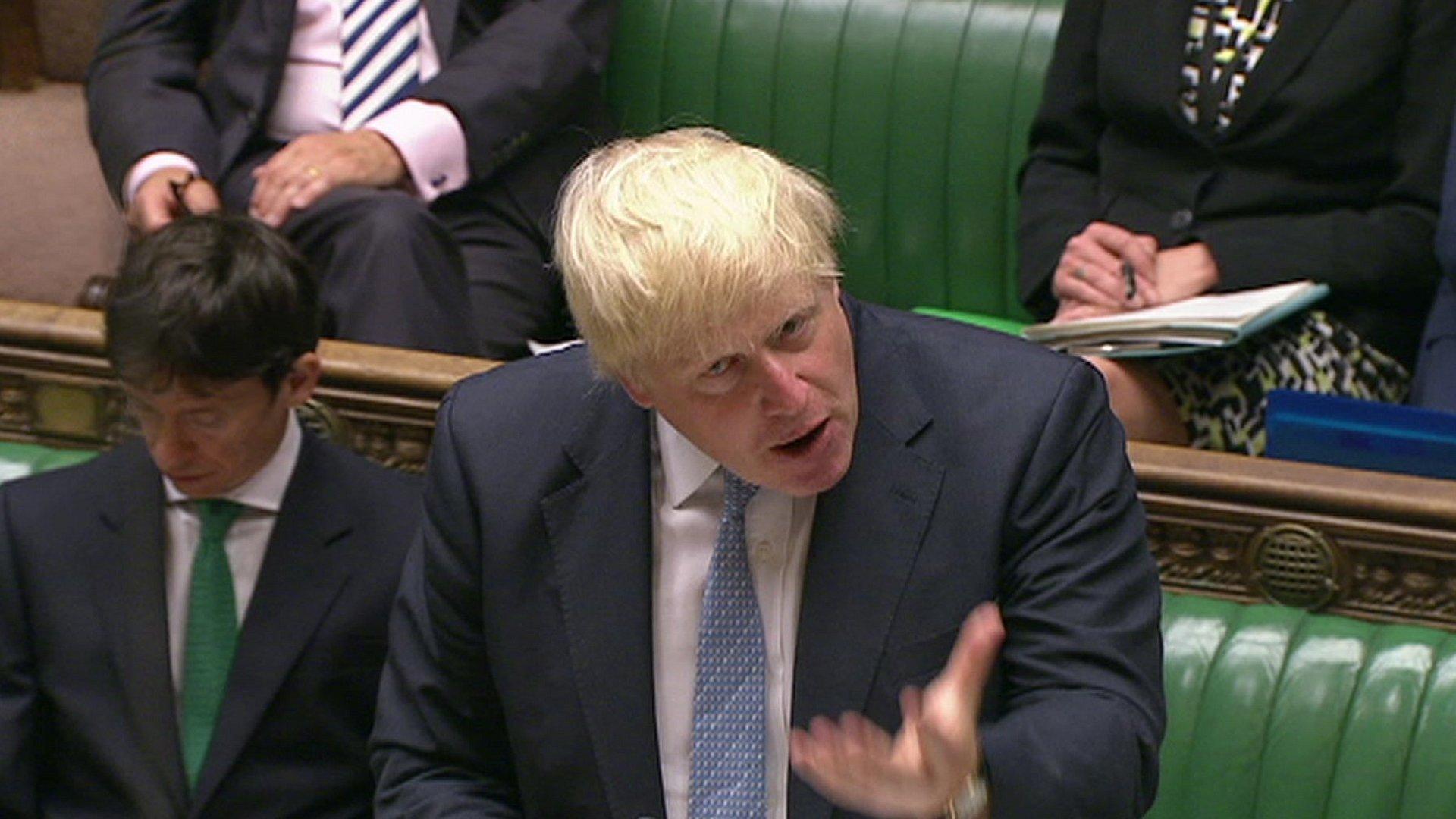Brexit: MEPs try to work out life after the UK leaves
- Published
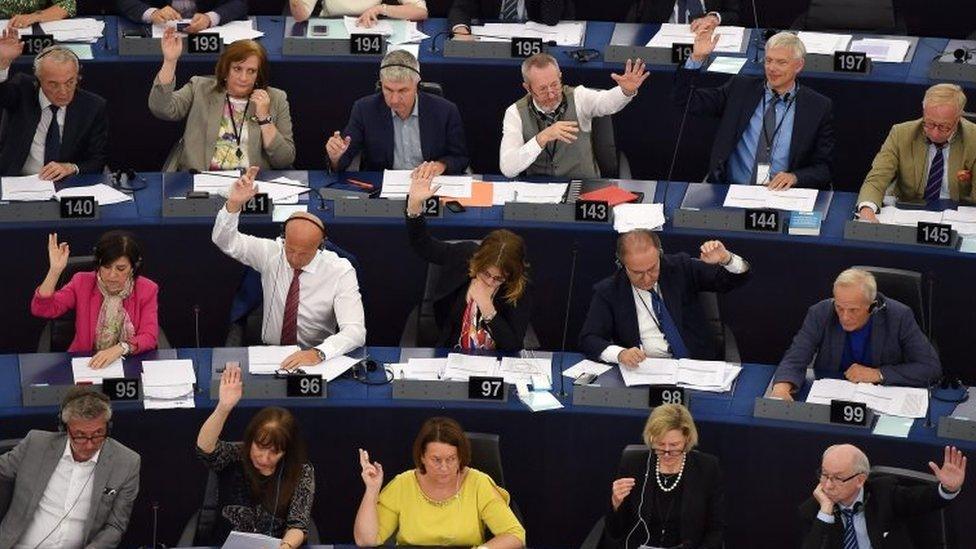
Tension in the air: MEPs have to decide what to do with the UK seats after Brexit
It is less turkeys voting for Christmas, more turkeys debating how many of them there should be on the farm.
Ahead of the next European elections in 2019, MEPs are getting down to the traditional process of working out each member country's future share of the European Parliament's 751 seats.
But this time there is added tension over Brexit and what to do with the UK's 73 seats.
The man tasked with co-ordinating a response, Pedro Silva Pereira, told a hearing of the Constitutional Affairs Committee on Wednesday that a portion of the seats should be reallocated as soon as the UK leaves.
But how will that work?
Seats are supposed to be allocated in a way that preserves "degressive proportionality". That means that smaller countries should not receive relatively fewer seats than larger countries, and the number should reflect population changes.
And yet no country wants to lose any MEPs.
German MEP Jo Leinen suggested that the number of seats be reduced to 700 to show that the EU understood that it had shrunk.
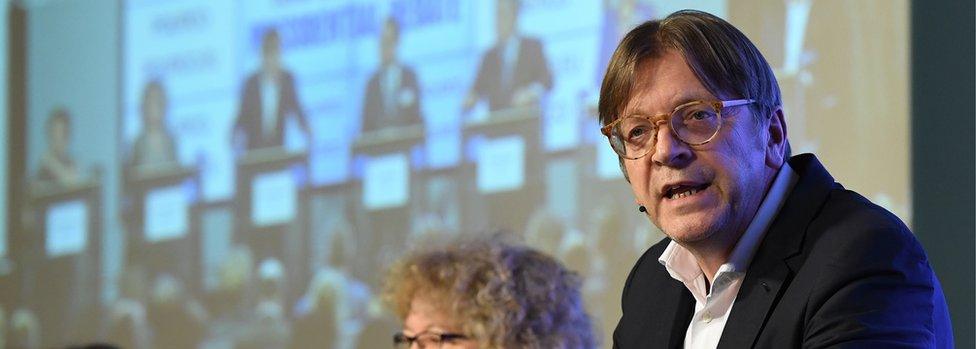
Guy Verhofstadt, the European Parliament's Brexit coordinator, says Ireland should be given extra seats
Others talk of finally achieving a long-held ambition: the creation of a portion of seats that are voted for transnationally across Europe.
That idea was criticised by Max Andersson of the Swedish Greens, who feared it would give more power to the bigger political parties. He also complained that Germany was already overrepresented and would probably be overrepresented again.
The most eye-catching proposal came from parliament's Brexit co-ordinator, Guy Verhofstadt.
He suggested that Ireland be given extra seats so that Northern Irish citizens with Irish passports could still take part in European election, even though they were no longer strictly part of the EU.
The committee will try to reach a consensus after the summer holidays, with a vote in parliament later this year. Then national governments will get involved.
The clock is ticking because the European Council needs to schedule the 2019 elections officially - and the member states need time to pass domestic legislation to enable the votes to happen.

European Parliament at a glance
Is the only directly elected EU body
Exercises the legislative function of the bloc
Elections have been held every five years since 1979
The chamber's powers have steadily increased with each change of the EU treaties
It currently has 751 members from each of the EU's 28 member states
Has two chambers - Brussels and Strasbourg

And what if Brexit is delayed? The UK's departure is pencilled in for the end of March 2019 and the elections will probably be a few months later.
The European Parliament's top politicians have said they could not allow a situation where UK voters choose representatives who only serve for a short period, with no purpose.
Then they would be talking about MEPs not as turkeys… but zombies.
- Published12 July 2017
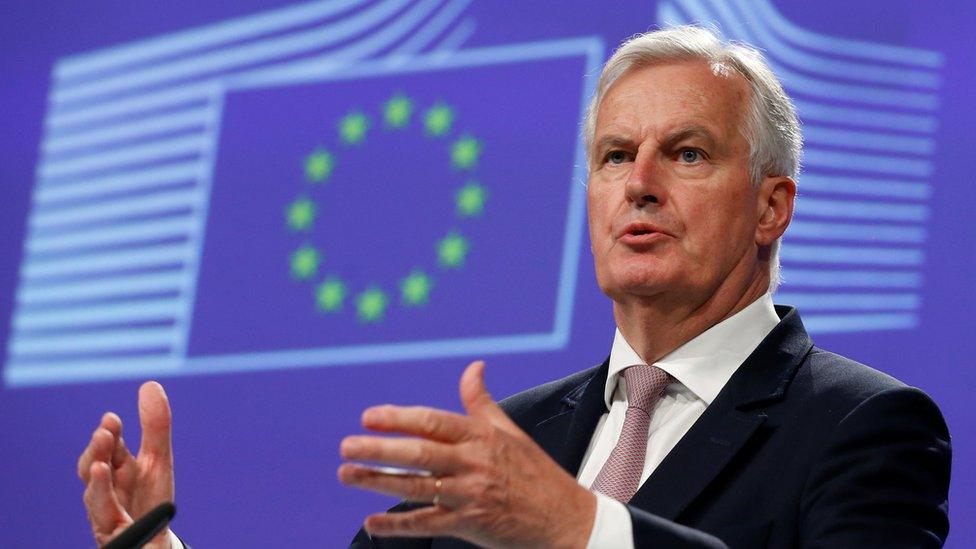
- Published31 August 2017
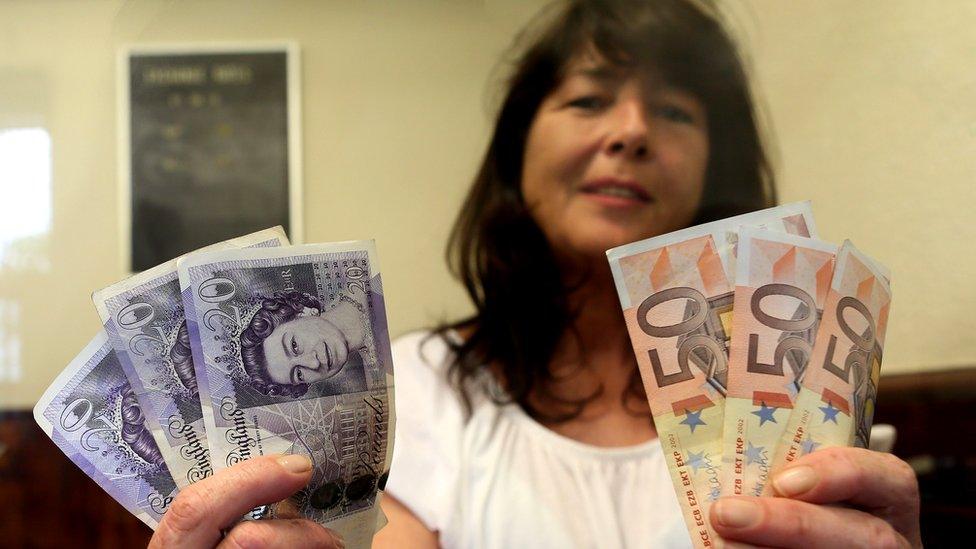
- Published30 December 2020

- Published11 July 2017
